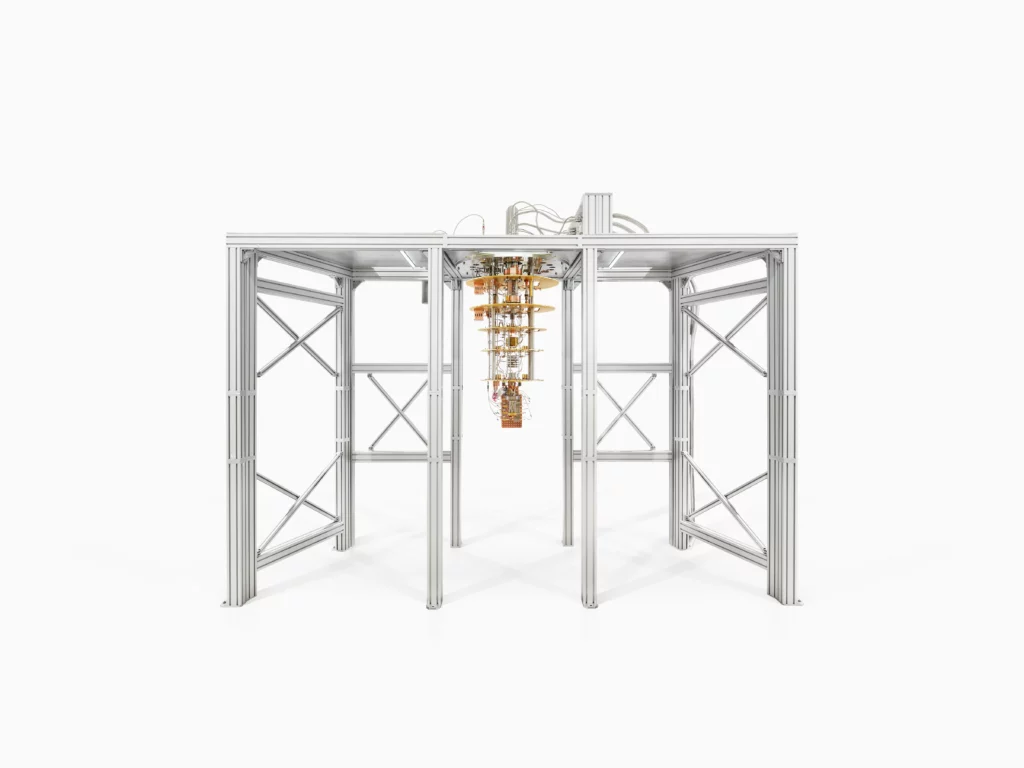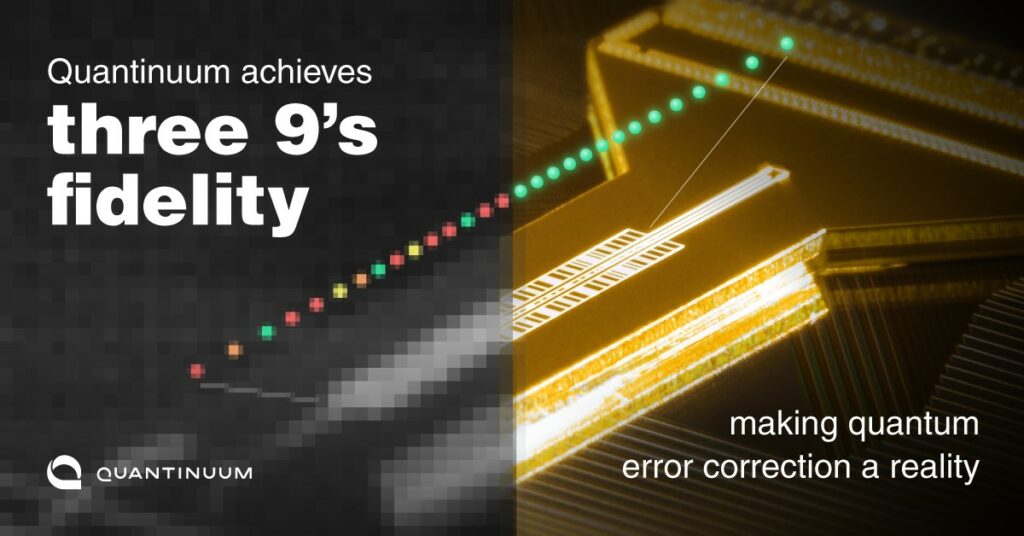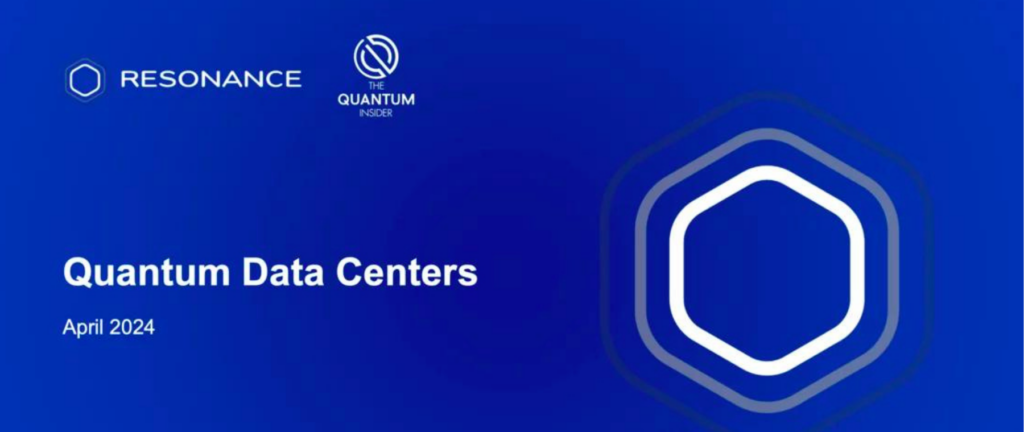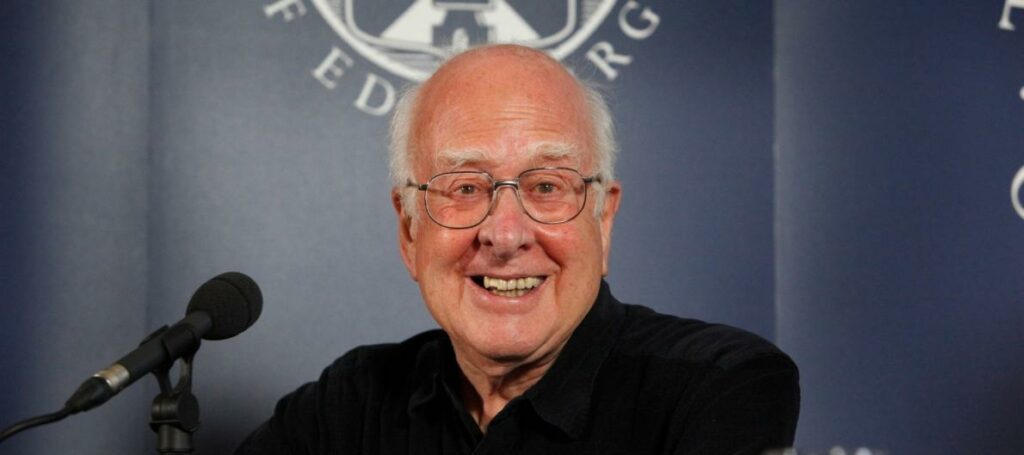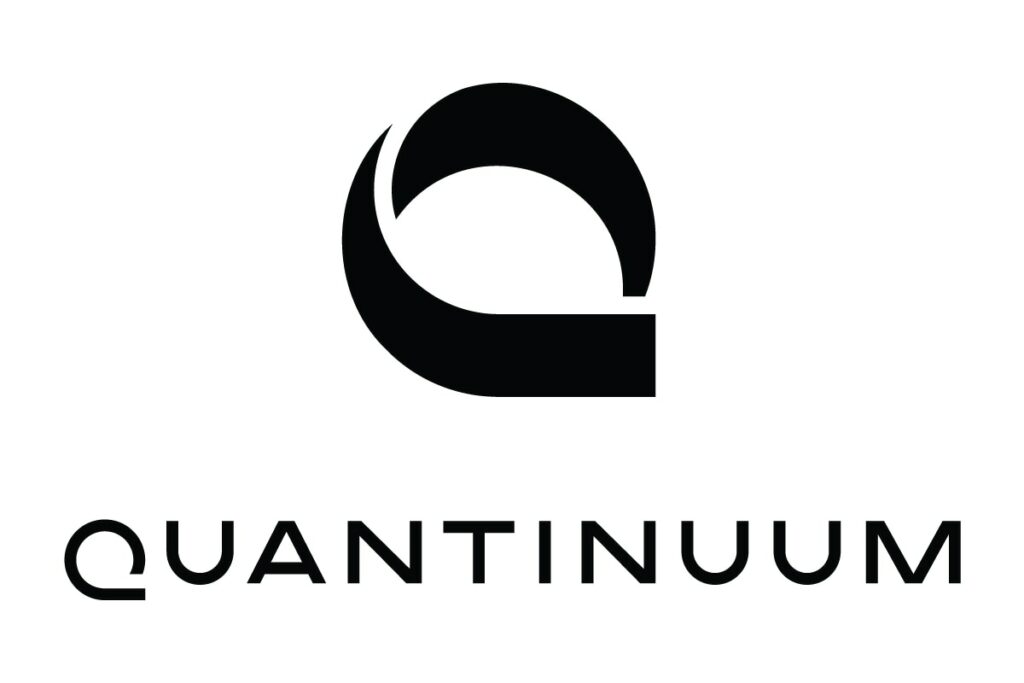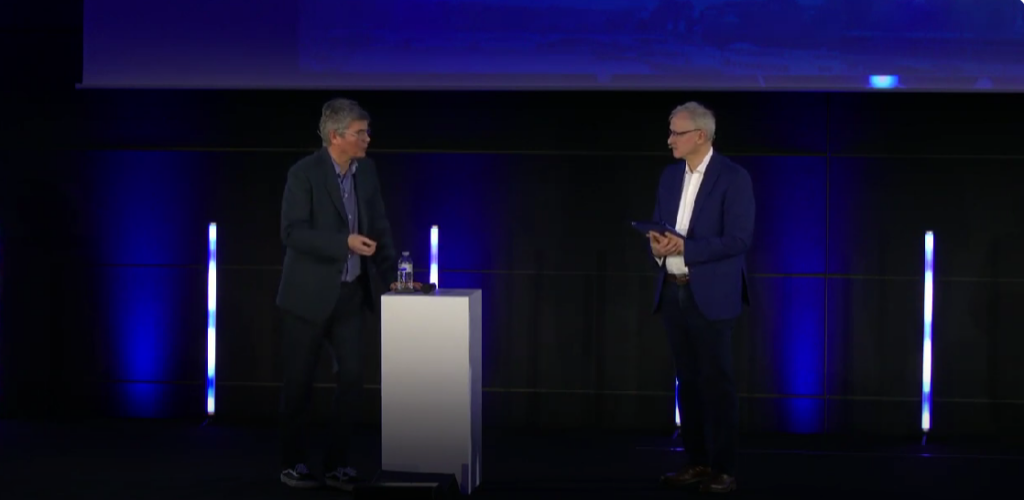
Vapour Cell
Part of the reason I love working and writing for the TQD is I get to learn new stuff every day (or attempt to). This could be from how neutral-atom quantum devices work to researching the latest quantum algorithm repository project on GitHub. It’s all hard as nails stuff to take in, believe me, especially as I don’t come from a technical background.
What I lack in brainpower I certainly make up for in enthusiasm.
Another such situation came about just a few days ago as I was researching for my latest story on the quantum startup ecosystem. The name Vapor Cell Technologies came up somewhere, maybe a heads-up from one of my colleagues at TQD on Slack or somewhere else, I can’t remember exactly. Anyway, as I always do, I checked out the startup’s website and other social media platforms (there wasn’t a lot of info on it) for the lowdown on what it does, and for all sense and purposes, the clue’s in the name, Vapor Cell Technologies. A vapour cell is, according to the VCT’s website:
a box of atoms or molecules. Vapor Cells can be measured with a laser and can form the hearts of many quantum sensors and standards. As atoms are fundamental structures composed of fundamental particles, their energy level structures form the basis of many practical realizations of absolute frequencies and wavelengths
That was my first lesson — I had the basics of it, or so I thought. But in quantum physics, along with the other STEM subjects, it’s usually not as simple as that.
In essence, Vapor Cell Technologiesa — an atomic physics startup — has a strategy “to connect the customer to an end-to-end solution to manufacture chip-scale vapour cells but we are equally happy to collaborate with interested parties to investigate potential early-stage architectures on a contractual basis as an economical foray into this new space.”
Vapor Cell Technologies
Founded in 2020 by atomic physicist Doug Bopp, this Boulder, Colorado-based startup’s manufacturing capability — whose architecture is a nationally agreed-upon realization of the SI meter following the Bureau International des Poides et Mesures recommendations — of ultra-compact vapour cells to large and small enterprises, as well as to government and academic laboratories, makes it an exciting proposition and another startup sure to add value to the burgeoning quantum tech ecosystem.

But what application spaces can vapour cells actually help?
The four areas where this technology can bring benefits are in:
• Interferometry
• Fiber Optic Sensing
• FTIR Spectroscopy
• Coherent Communications
Before founding the startup, Douglas Bopp was a research assistant at the National Institute of Standards and Technology (NIST). Bopp gained a Ph.D. in physics from the University of Colorado Boulder, where he researched at the intersection of atomic physics and optics, not to mention honing his skills as an experimentalist while working on a compact Bose-Einstein Condensate (BEC) system.
All this, without question, will help Vapor Cell Technologies achieve its commercial goals in high-fidelity measurement equipment, and add another startup to an industry on the up.














